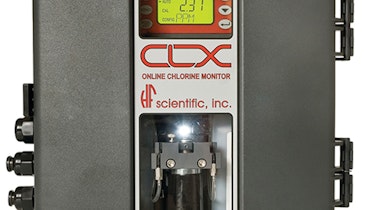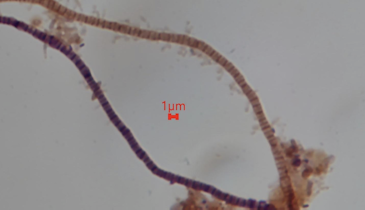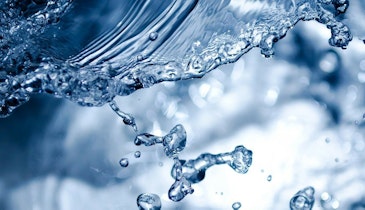Biology or chemistry?
I also struggled with the question of "Which Side of the Fence?" (WSO November/December 2012). I began my career change into this challenging field just over two years ago.
I had some preconceived notions about wastewater that prevented me from exploring...




